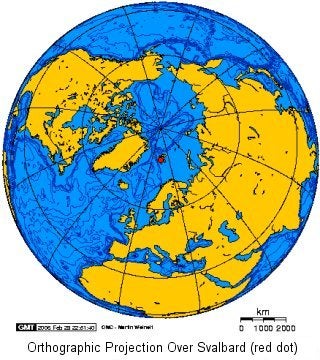 This post is by Sheryl Canter, an online writer and editorial manager at Environmental Defense Fund.
This post is by Sheryl Canter, an online writer and editorial manager at Environmental Defense Fund.
Two weeks ago, Lisa Moore posted about a dangerous suggestion from Congress and producer groups to allow the penalty-free release of up to 24 million acres from the Conservation Reserve Program so the land could be put back into crop production.
Yesterday, U.S. Agriculture Secretary Ed Schafer decided again it. Good call! From Sara Hopper, EDF’s director of agricultural policy:
Secretary Schafer should be commended for resisting calls to gut the nation’s oldest and most successful farm conservation program. Putting millions of CRP acres back into intensive crop production would have resulted in the loss of billions of dollars in taxpayer investments in conservation and caused untold environmental damage, while only minimally boosting crop production and providing little, if any, relief from rising commodity prices.










 This post is by
This post is by  This post is by
This post is by 
 This post is by Michael Replogle, Transportation Director at Environmental Defense Fund.
This post is by Michael Replogle, Transportation Director at Environmental Defense Fund.